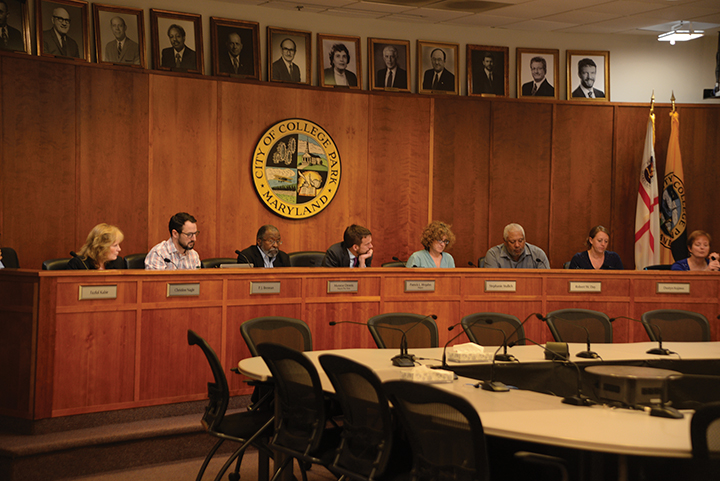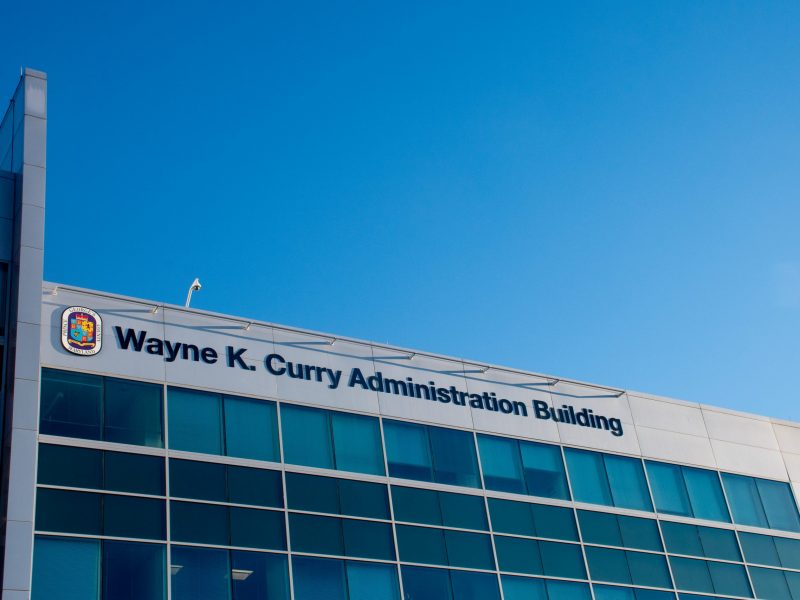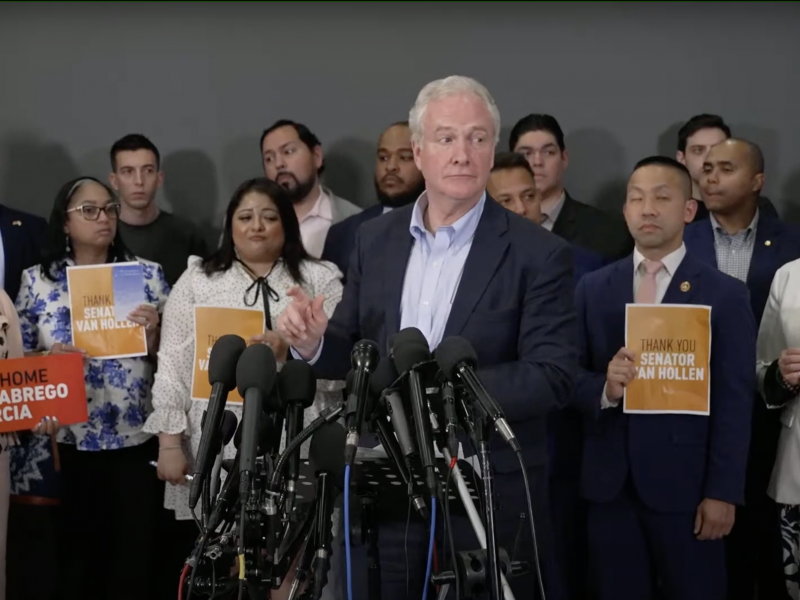The College Park City Council unanimously voted Tuesday night to adopt a resolution repealing the city’s current charter and enacting a new one in its place, amending some city procedures and updating its language.
Instead of requiring five council members to amend the charter, the update mandates six council members to approve future revisions. A supermajority — a vote requiring six or more members’ support — is needed to terminate the city manager, instead of a simple majority, which needs five council votes.
The updated charter also defines an emergency as “circumstances involving natural or man-made disasters, public health catastrophes, acts of God or declaration of a state of emergency in the city by a government with jurisdiction.” This definition will now be used as the basis for implementing emergency procedures. Prior to this, there was no formal definition in the charter.
[Read more: College Park City Council will consider a new constituent mail system]
Mayor Patrick Wojahn said the language introducing changes made the new charter “sound a lot bigger than it is.” He referred to the amendments as “mostly administrative changes” and “technical updates.”
One such example is referencing the former “citizens of the city” as “the public in accordance with state law.”
“As the mayor has indicated, most of the changes in the charter are non-substantive,” said City Attorney Suellen Ferguson.
Another part of the charter clarifies the mayor and council cannot serve on committees created by the council unless specifically allowed, which Ferguson said was “appropriate since it helps the council consult with the residents.”
“After much discussion, it was agreed that it would be inappropriate to have council members on certain types of committees, such as the advisory planning commission,” Ferguson said.
[Read more: College Park will partner will University of Maryland to create new child care center]
District 3 resident David Gray said he was concerned the charter’s new language was still too broad and allowed too much room for interpretation.
Reciting from a provision allowing the council and mayor to meet outside of the city in cases of emergency, Gray said he “question[ed] why you put this very specific language in here for no apparent reason.”
“It’s exactly as it’s been worded since the charter was adopted,” she said, noting no changes to the section had been made.
While he wasn’t fully satisfied with the wording of the new charter, Gray said he was glad he was able to speak before the council voted.
“You need someone to show up and just say ‘Hey what about this?'” he said. “It lets them know that somebody is paying attention to 28 pages of amendments.”



